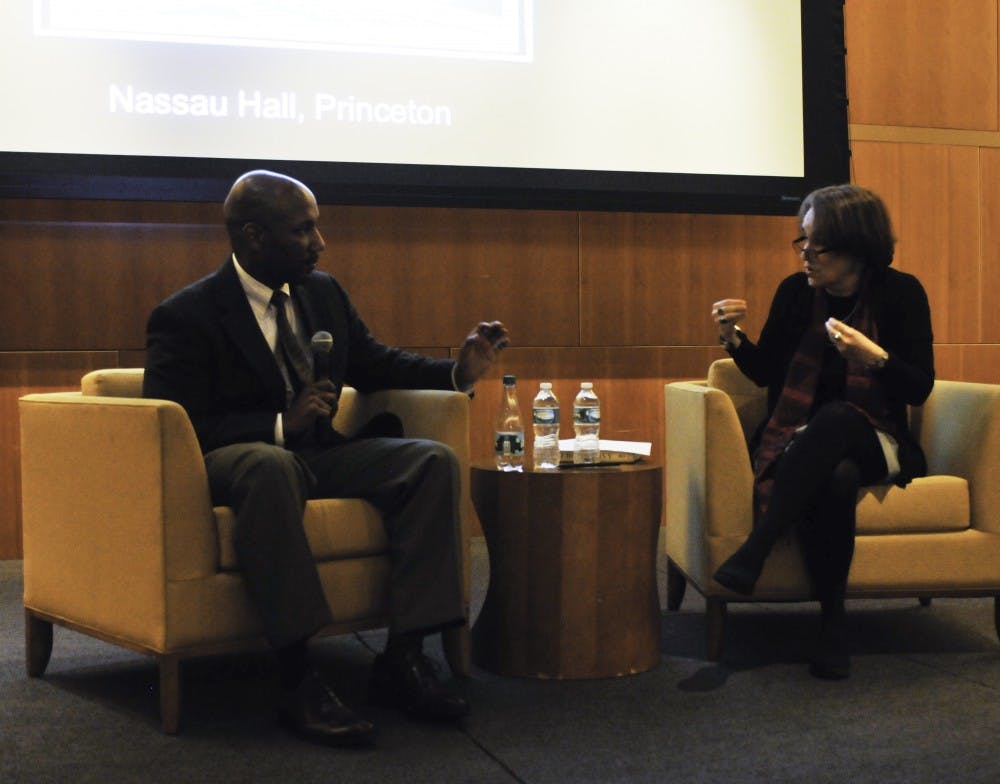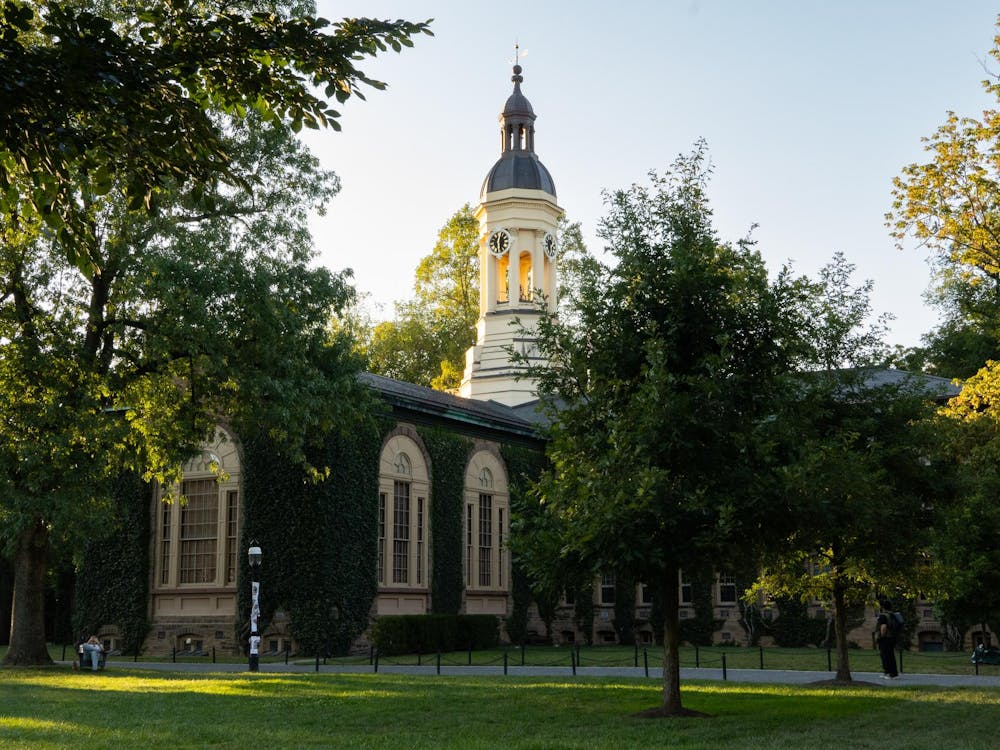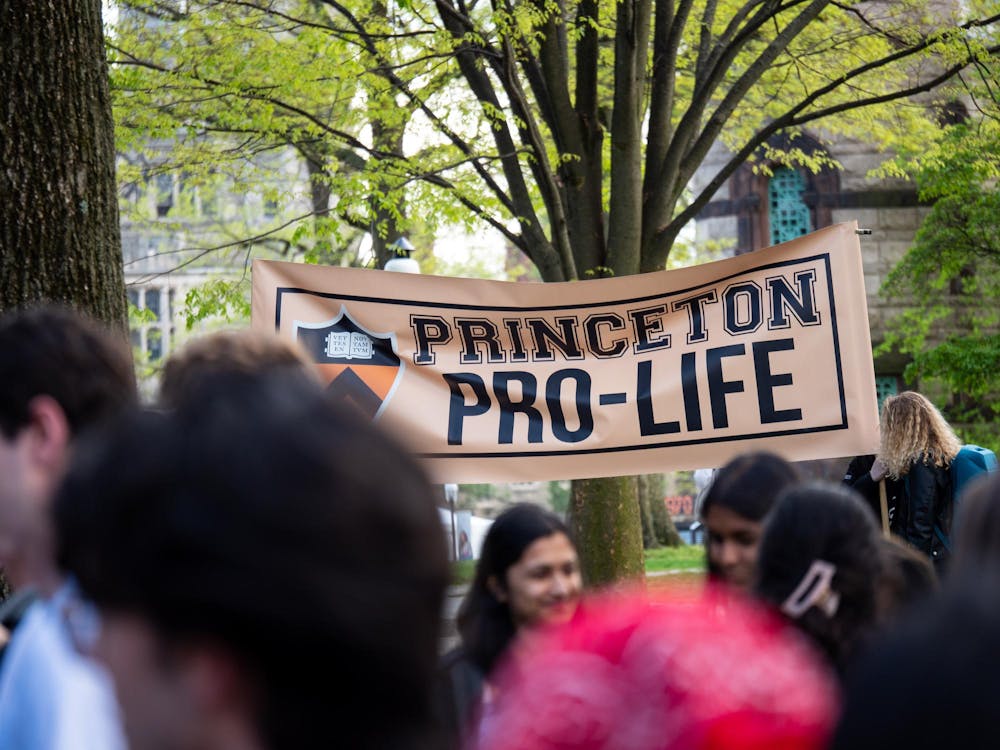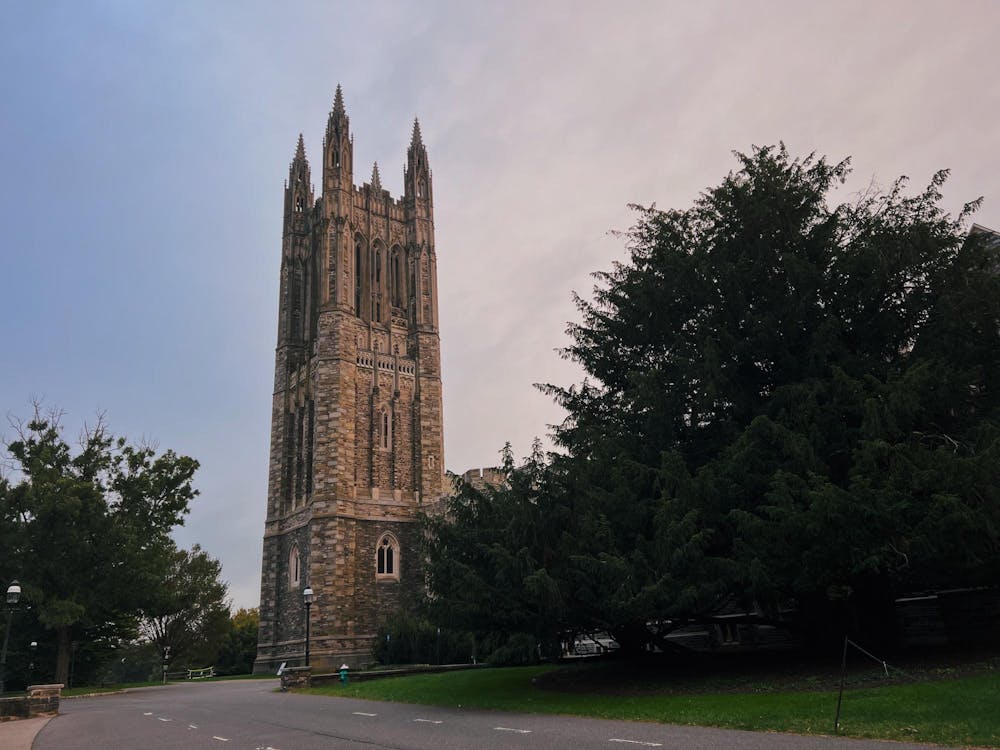MIT history professor Craig Steven Wilder argued that colleges were responsible for reinforcing slavery in antebellum America and that slavery played a pivotal role in establishing American universities.
Drawing upon his book published this September, “Ebony and Ivy: Race, Slavery, and the Troubled History of America’s Universities,” Wilder described in a lecture on Tuesday what he calls “the extraordinary role the college played in deciding who could be educated and who couldn’t.”
“We don't expect to look at colleges and see slavery,” Wilder said.
Wilder stressed that universities have an obligation to confront their pasts, producing a “three-dimensional” depiction of their histories as institutions that accept the responsibility of producing knowledge.
In his book, Wilder portrays universities as pillars of the anti-abolition movement, mentioning by name institutions such as Harvard, Yale, Brown and Trinity University during the lecture. He noted that the American Colonization Society, a group that sought to move free African-Americans from America to a colony in Africa, was staffed and sourced largely by Yale graduates.
According to Wilder, there was a vehement resistance to African-Americans receiving education, which began in the decades leading up to the Civil War, even though universities had not previously banned the education of African-American students. Wilder attributes this attitude to universities’ need to increase their endowment andreliance on transAtlantic trade, tying universities’ fate to that of slavery.
“One of the things that was clear to me was that colleges weren’t simple institutions,” Wilder said. “They were actually shaping history themselves. And the Americas wouldn’t look like the Americas without in fact colleges playing a role in the processes of conquest and colonialism.”
Wilder described the retaliatory measures taken against those who tried to establish black universities in the antebellum period, such as school teacher Prudence Crandall, who was forced to leave her home in Canterbury after her attempts to establish a school for African-American students.
Immediately following Wilder’s lecture, history professor Martha Sandweiss held a conversation with Wilder about his book and colleges’ need to acknowledge their histories’ roots in slavery. Sandweiss has twice taught a research seminar called HIS 402: Princeton and Slavery, which seeks to understand how Princeton benefited from slavery throughout its history.
When asked by Sandweiss if his book argues that these early universities could not exist without slavery, he immediately responded, “Yes.”
In their dialogue, Sandweiss asserted that the University is distinct from some of the other schools Wilder discusses, like Brown and Harvard, which employed slaves in construction and operations respectively, whereas slaves never worked at the University, nor did any students ever bring slaves with them to campus.
However, Sandweiss acknowledged that many University students in the antebellum period came from slave-owning families and slaves worked in the University president’s private residence. Therefore, slavery should be seen as “part of the DNA of this place.”

Although Wilder describes a general “reluctance to explore ourselves and our own pasts” on the part of universities, he states that society is in a critical moment in the history of higher education.
“We’re ready as a society to have this conversation,” Wilder said.
Another theme that emerged in the question-and-answer session was Wilder’s belief that universities, rather than being places of liberalism and radicalism, are institutions that simply reinforce the status quo. Describing how elite universities engage in “zero-sum game,” Wilder asserts that universities’ goals are following an increasingly expansionist and endowment-seeking methodology that is now also influencing public universities.
The lecture was held at 6 p.m. on Tuesday at the Fields Center as part of its Black History Month celebration.









